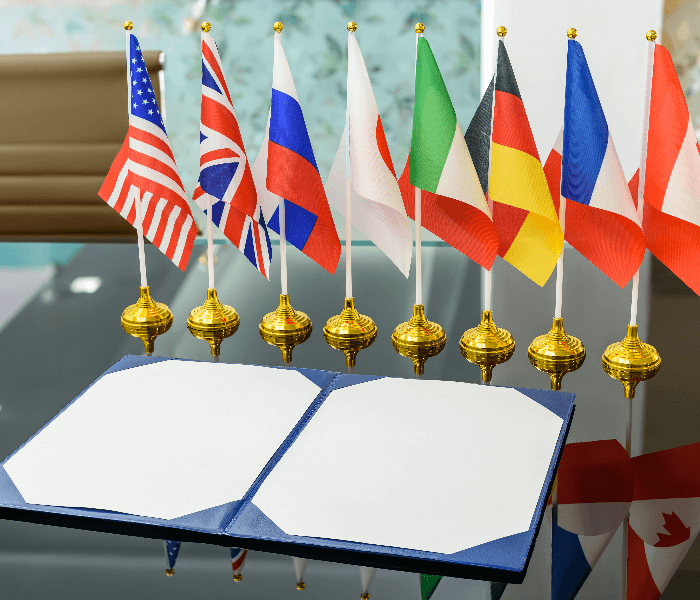Understanding Key Concepts in International Arbitration
International arbitration is a crucial mechanism for resolving disputes between parties in different countries. It provides a structured environment where legal conflicts can be settled outside of traditional court systems, offering flexibility and confidentiality. This process is particularly relevant for international investors and governments who seek fair treatment and resolution of disputes arising from investment agreements.
Key concepts in international arbitration include the roles of arbitral tribunals, the enforcement of awards, and the principles of fairness and equity. Understanding these elements is essential for stakeholders involved in international agreements, as they dictate how disputes are managed and resolved, ensuring that parties can protect their interests effectively.
Recent Trends in International Arbitration
In recent years, international arbitration has evolved significantly, influenced by global economic changes and emerging legal standards. Trends such as the increased use of technology in arbitration proceedings and a growing emphasis on transparency are shaping the future of dispute resolution. These developments are making the process more accessible and efficient for all parties involved.
Additionally, there is a noticeable shift towards addressing environmental, social, and governance (ESG) factors in arbitration cases. Stakeholders are increasingly considering the implications of their actions on global sustainability, prompting a reevaluation of traditional practices in favor of more responsible approaches to international arbitration.
Common Challenges in International Arbitration
Despite its advantages, international arbitration is not without challenges. Issues such as jurisdictional disputes, delays in proceedings, and the enforcement of arbitral awards can complicate the process. These challenges can lead to frustration among parties and may undermine the effectiveness of arbitration as a dispute resolution mechanism.
Moreover, varying legal frameworks across jurisdictions can create additional hurdles. Parties must navigate these complexities to ensure a fair and efficient resolution of their disputes, often requiring expert legal guidance to address the specific nuances of international arbitration.
Best Practices for Engaging in International Arbitration
Engaging in international arbitration requires careful planning and strategic decision-making. Parties should prioritize selecting qualified arbitrators and establishing clear arbitration agreements that outline the terms and procedures to be followed. This proactive approach can help mitigate potential disputes and ensure a smoother arbitration process.
Furthermore, it is advisable for parties to stay informed about developments in international arbitration law and best practices. Regularly reviewing and updating arbitration clauses in contracts can enhance clarity and effectiveness, ultimately contributing to a more favorable outcome in dispute resolution.










